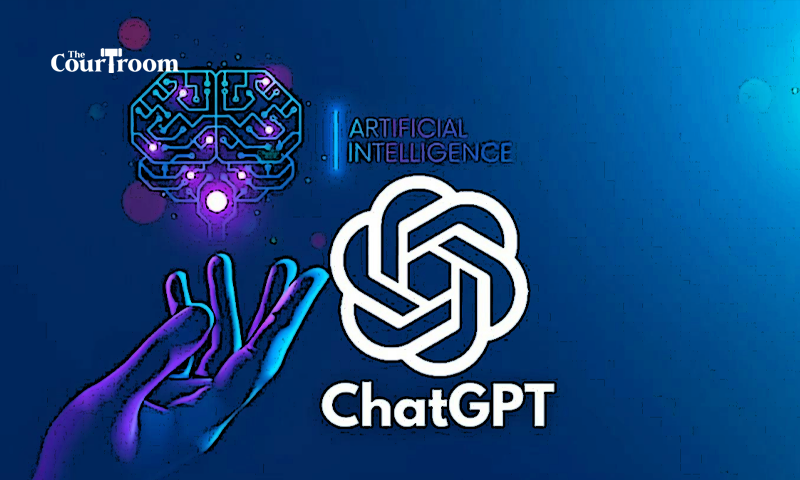Exploration of AI in Judicial Work Across High Courts
Indian High Courts have shown varying perspectives on incorporating AI and ChatGPT in legal proceedings. While some courts have used the AI tool for research, there is caution and criticism regarding its application in judicial work.
Manipur High Court’s Utilization of ChatGPT
In a recent case, the Manipur High Court admitted to using ChatGPT for additional research. Zakir Hussain, 36, was dismissed from the Village Defence Force (VDF) in January 2021 after a criminal escaped while he was on duty. He never received a formal dismissal order. When Hussain challenged his dismissal, Justice A Guneshwar Sharma directed the police to submit an affidavit explaining the VDF’s disengagement process. Finding the affidavit insufficient, the court turned to ChatGPT for more information.
ChatGPT provided details about the VDF, describing it as a group of local volunteers trained to protect their villages from threats such as insurgency and ethnic violence. Justice Sharma used this information in his ruling, ultimately overturning Hussain’s dismissal. He cited a 2022 memorandum from the Manipur Home Department, which required that VDF personnel be given an opportunity to respond to allegations before dismissal—an opportunity Hussain was denied.
Differing Views Among High Courts
In March 2023, Justice Anoop Chitkara of the Punjab & Haryana High Court used ChatGPT to support his decision to deny bail to Jaswinder Singh, accused of assault leading to death. Justice Chitkara asked ChatGPT about bail jurisprudence in cases involving cruelty. The AI provided a detailed response, indicating that cruelty could be a factor in denying bail. Justice Chitkara clarified that this reference was to present a broader picture of bail jurisprudence, not an opinion on the case’s merits.
Conversely, the Delhi High Court has been more cautious. In August 2023, Justice Pratibha M Singh ruled in favor of luxury shoe designer Christian Louboutin in a trademark case. Louboutin’s lawyers used ChatGPT to demonstrate the brand’s reputation for its “spike shoe style” and “red sole.” Justice Singh emphasized that AI-generated content should not be used to decide legal or factual issues due to potential inaccuracies and fictional data.
Global Perspective and Precautions
The issue of fictional case laws generated by AI is not merely theoretical. In 2023, a Manhattan federal judge fined a lawyer $5,000 for submitting fabricated legal research created by ChatGPT. The brief included fictitious cases such as Varghese vs China Southern Airlines and Shaboon vs Egypt Air.
In the UK, the judiciary has issued guidelines for the use of generative AI in courts. Judges are permitted to use ChatGPT for tasks like summarizing text and drafting emails but are advised against relying on AI for legal research or analysis. India, however, has no such guidelines in place.
These instances highlight the cautious yet exploratory approach Indian courts are taking towards integrating AI tools like ChatGPT into legal processes.
Share your news, articles, deals, columns, or press releases with us! Click the link to submit and join our platform today.



